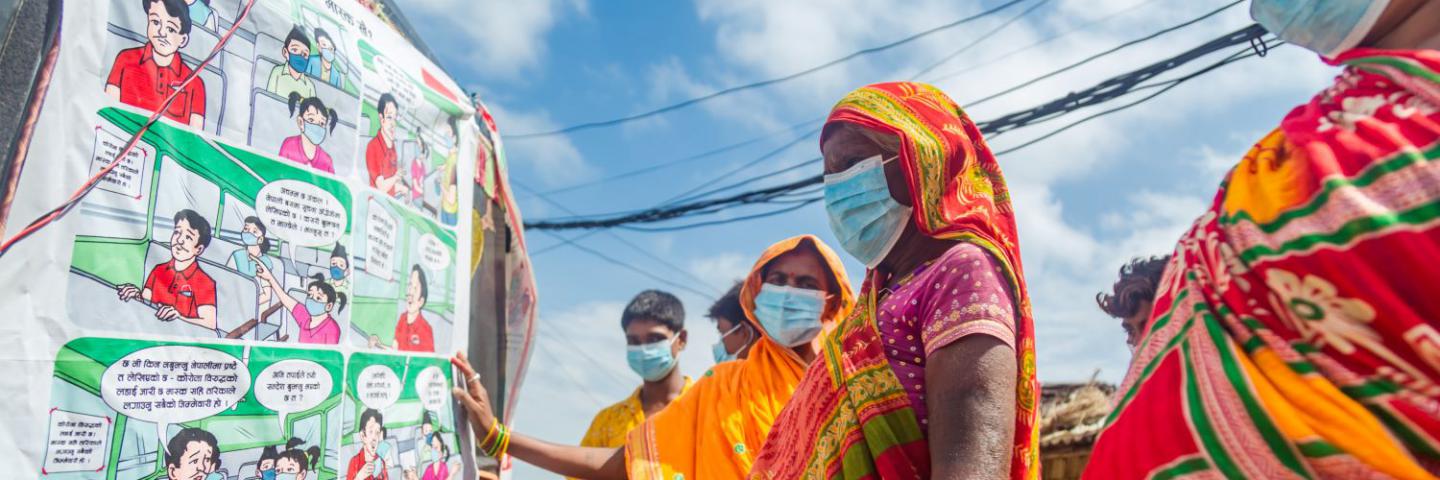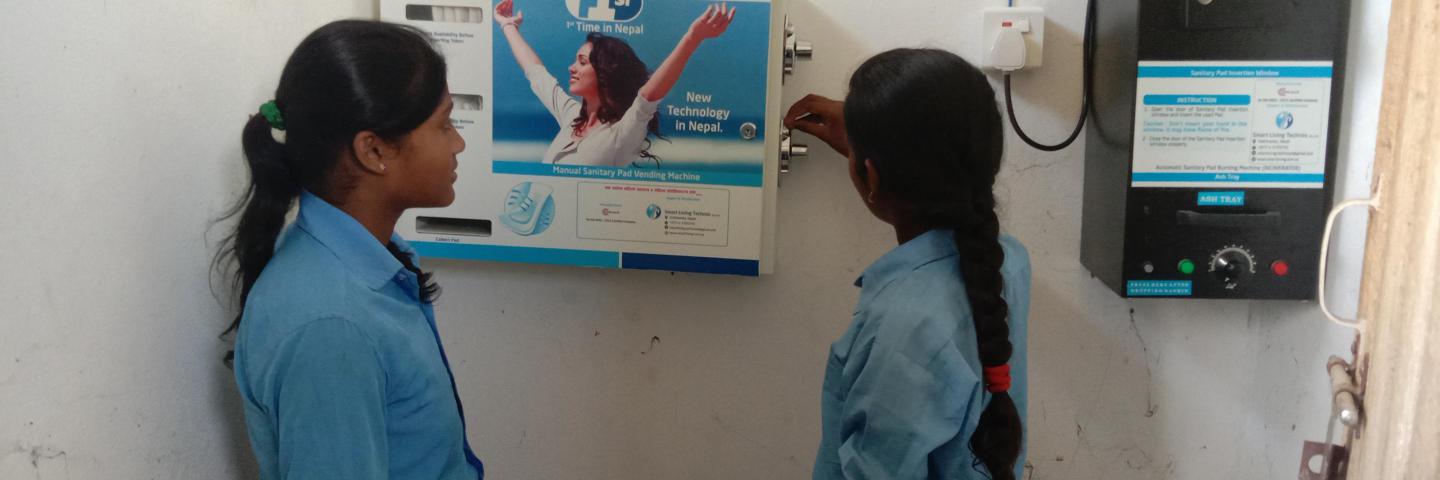

What we do best
Social and Behavior Change (SBC) actions are an integral part of development programs, policy advocacy, and humanitarian work. Our SBC programming is based on ‘collaborative leadership’ actions, keeping children, community of influence, and the groups most discriminated against and vulnerable in the center of programming.
Investment in need-based, informed and evidence-led SBC programming, ensuring the meaningful participation of the community that we work with and for, supports in identifying barriers, critical entry points, and co-shape solutions to address critical problems. Save the Children was one of the first few organizations in Nepal to collaborate with the government to activate the Social Behavior Change (SBC) and risk communications and community engagement (RCCE) actions to address the risks of COVID-19.
A “360 degree” SBC approach - utilizing trans-media (radio, TV, website), community engagement (outreach campaigns, public miking), and Information Technology for Development (ICT4D) tools (SMS, IVR) were used to disseminate lifesaving COVID-19 messages, and design social and behavior change programming to achieve desired behavior change, as part of the program adaptation process.
To support the vaccination drive led by the government, and to strengthen vaccine intake in most hard-to-reach communities, Save the Children has activated strategic SBC/RCCE actions by involving child and youth club members, religious and elected leaders, female community health workers (FCHVs), health workers and local government to promote evidence-based information and design nudge campaigns to motivate communities to get vaccinated.
As part of this action, qualitative research was conducted in Madhesh Pradesh to understand the barriers that leads to vaccine hesitancy. Based on the research, Save the Children, Busara Center for Behavioral Economics, and Common Thread produced the Nepal ‘Little Jab Book’, a playbook focused on increasing vaccine uptake and confidence.
Future directions
Save the Children is committed to integrate SBC actions in all levels of program planning, implementation, and monitoring. Leveraging our strength on SBC monitoring and evidence generation, we aspire to design, test, pilot, and introduce contextual and need based programming to address social and gender norms which creates an adversarial and hostile situation for children and their communities.
SBC strengthening and diffusion will be achieved through strategic partnership with like-minded organizations, community-based organizations, private sector, media, academia, and government agencies. This will result to strengthened advocacy and programming for increased agency and voice of children and most marginalized communities, leading to positive social and behavior level change.
